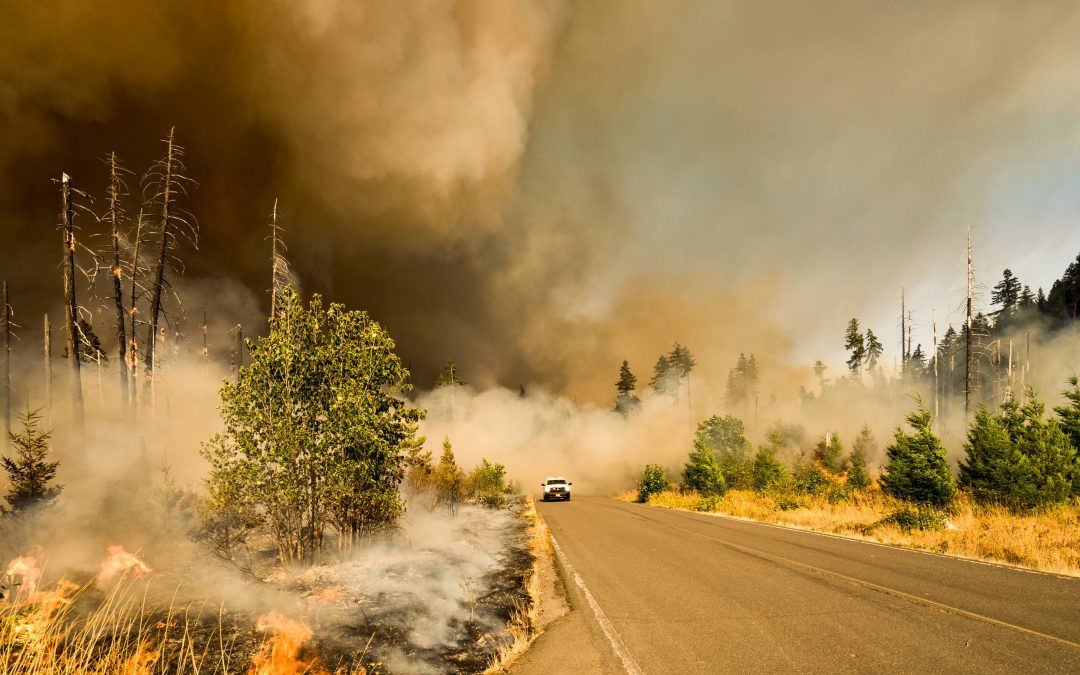
Systems thinking: Coordinating after, during, and before disasters
Many entities, public and private, are working to help agrarians whose livelihoods are disrupted. But what do they do, how do they coordinate…and what are the sticky points?

Many entities, public and private, are working to help agrarians whose livelihoods are disrupted. But what do they do, how do they coordinate…and what are the sticky points?
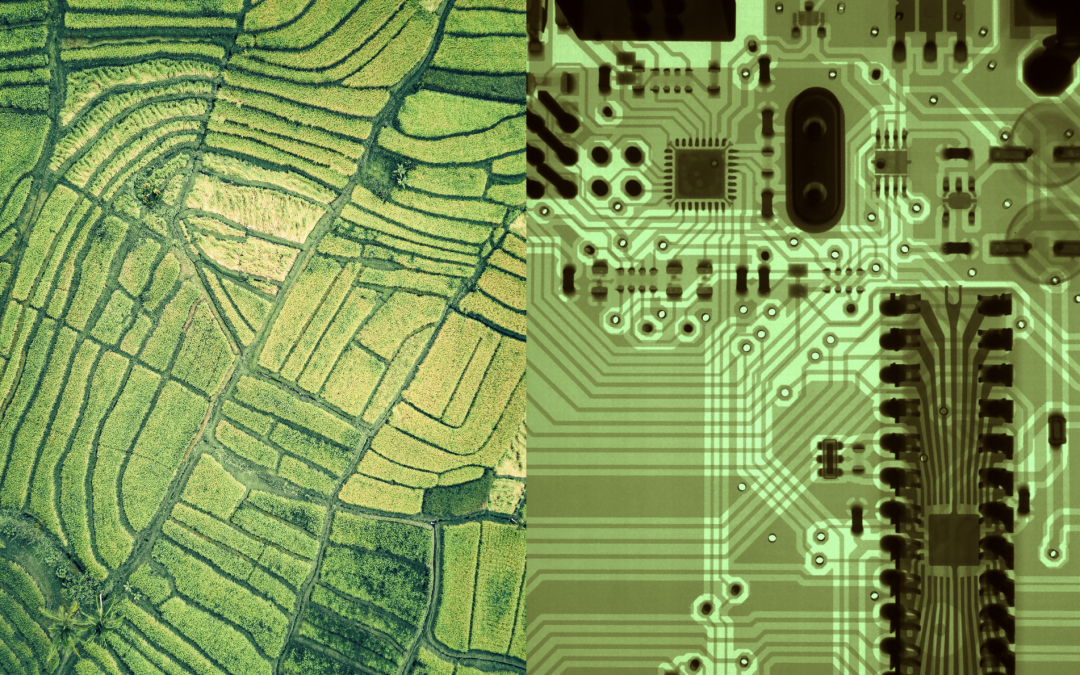
Industrial agriculture imposes a simplified model onto complex ecosystems––with dire consequences. A new book shows how technology is now able to capture nature’s intricacies––and help to grow food more ecologically and more profitably.
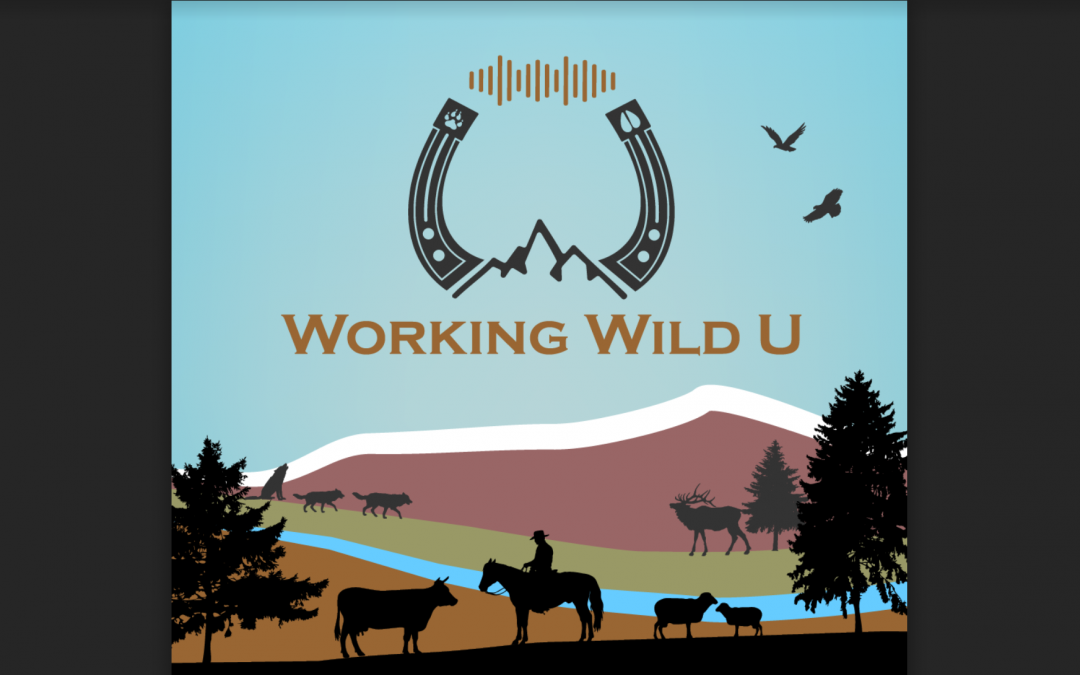
After being driven almost to extinction, wolves are back in some of their natural habitat. A new podcast explores how ranchers, conservationists, and others are coming together to find paths toward peaceful co-habitation.
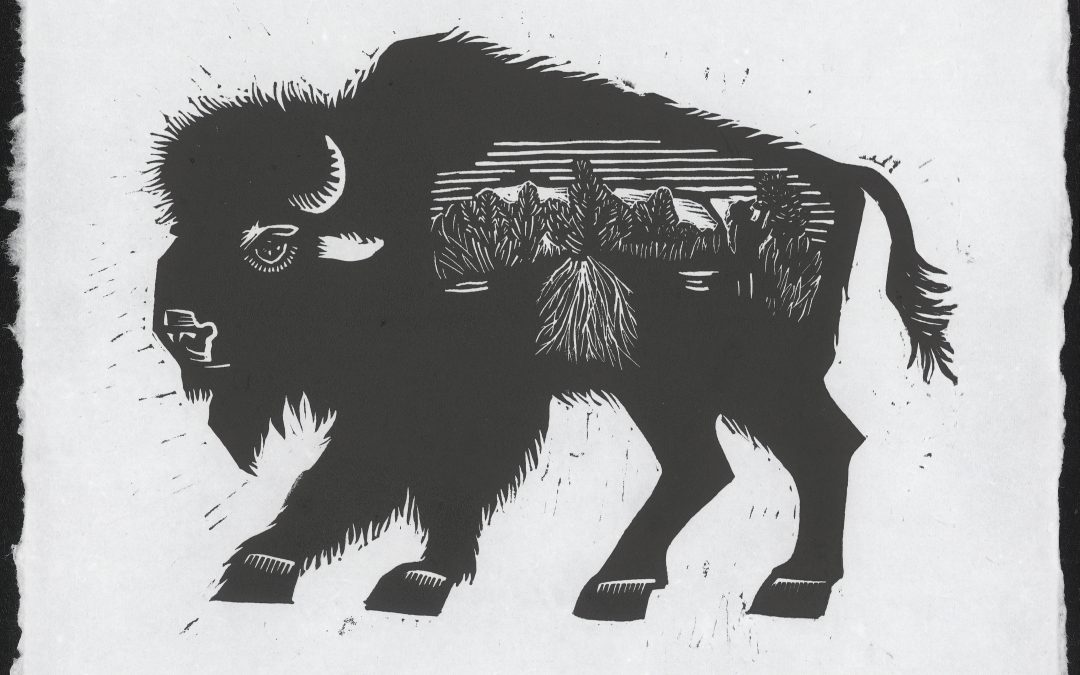
In her new book Liz Carlisle explores rich food traditions from the Americas, Asia, and Africa that have survived and thrived in the U.S.—and how they are helping to restore land and climate, and bring about a more just and humane world.
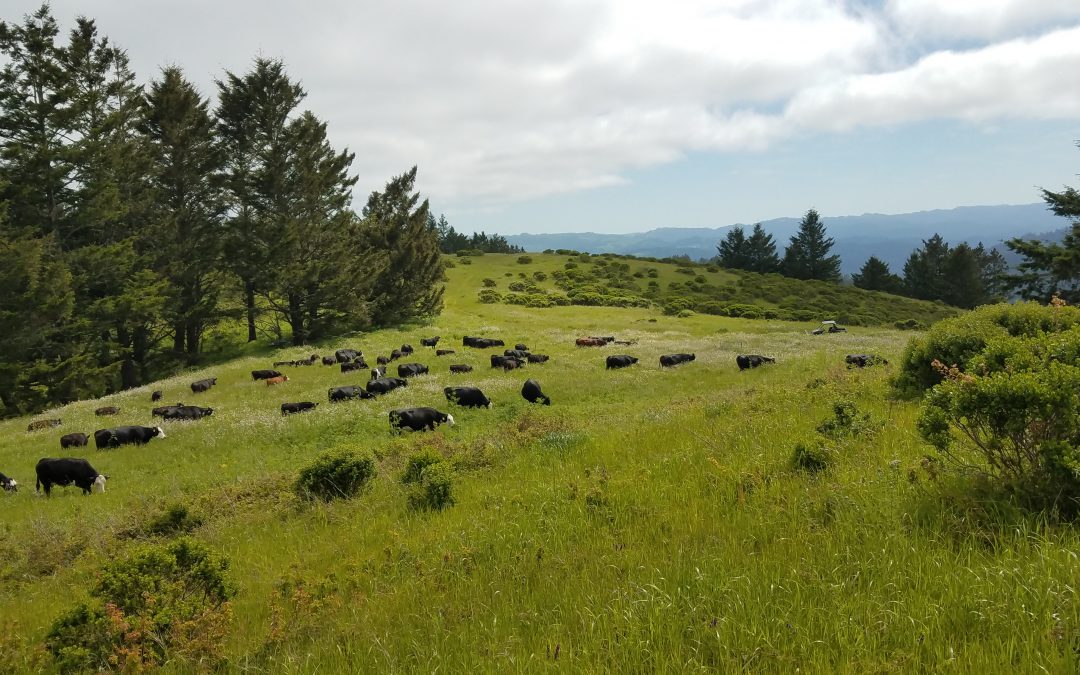
TomKat Ranch manager Mark Biaggi talks about dealing with winter floods, summer droughts, and degraded landscapes––and the process of continual experimentation that leads to dramatic regeneration of damaged land.
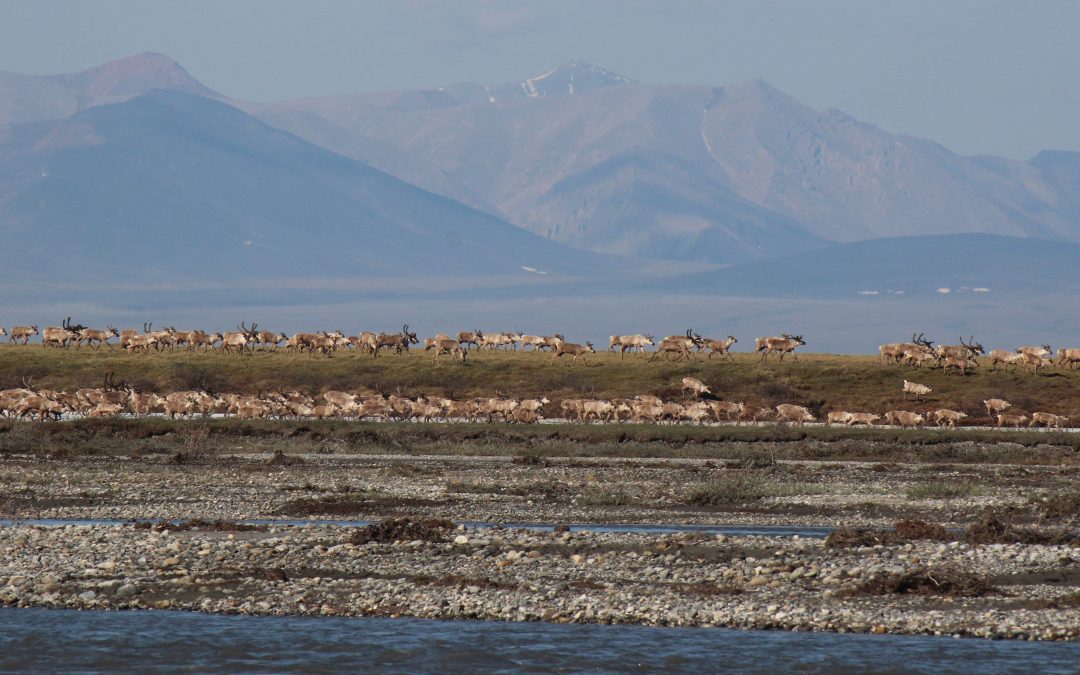
The land and its creatures looked very different when the first people arrived on this continent. Dan Flores‘ book Wild New World traces human impact up to the present––and the choices we’re looking at now.
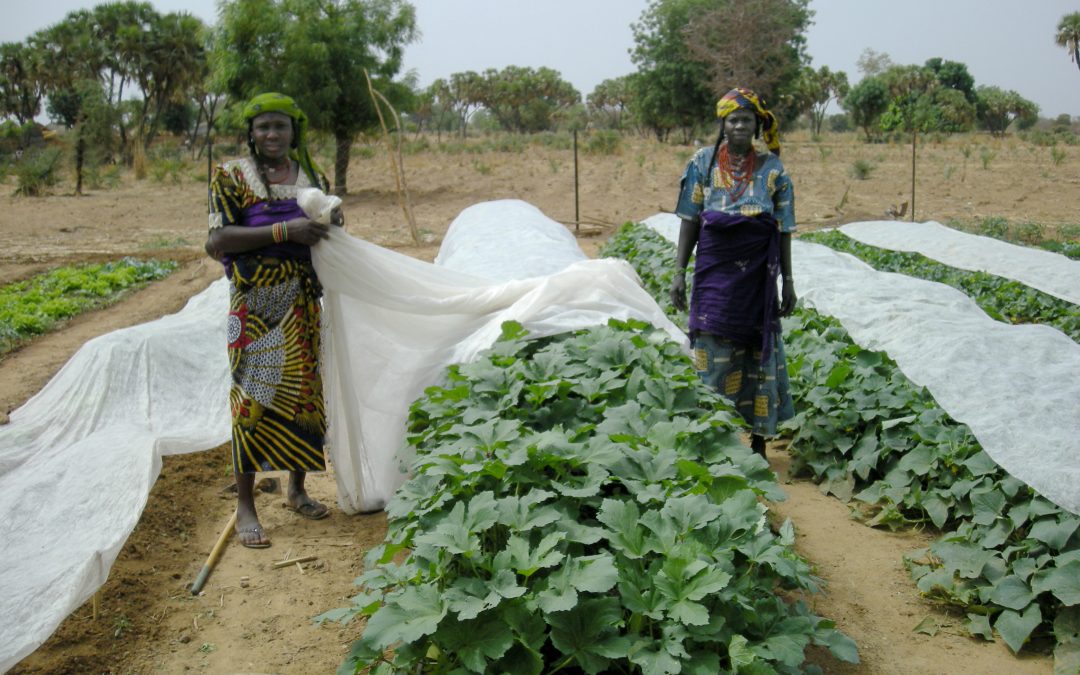
For decades Brando Crespi has been working in communities damaged by extractive industries. He makes the case that biochar can and should be part of a global strategy do reverse climate change and grow more food with less water.
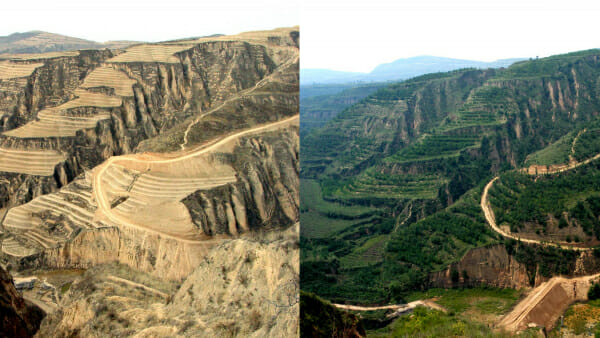
In 1995 John Liu began documenting the Loess Plateau in China, a landscape ruined by poor agriculture practices. Over decades he documented its return to vibrant life, and filmed many other restoration projects worldwide.
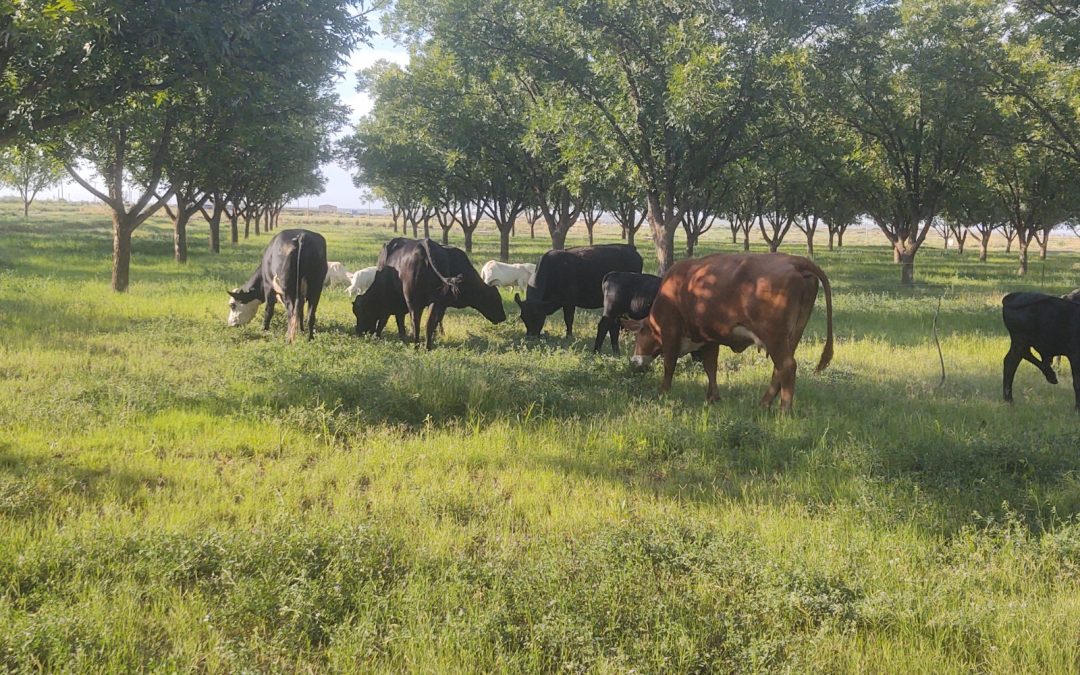
Coley Burgess didn’t intend to do regenerative agriculture, but a series of happy accidents led him down a path toward healthier trees, a herd of animals, virtually no chemical or tractor use––and a more enjoyable life for himself and his family.
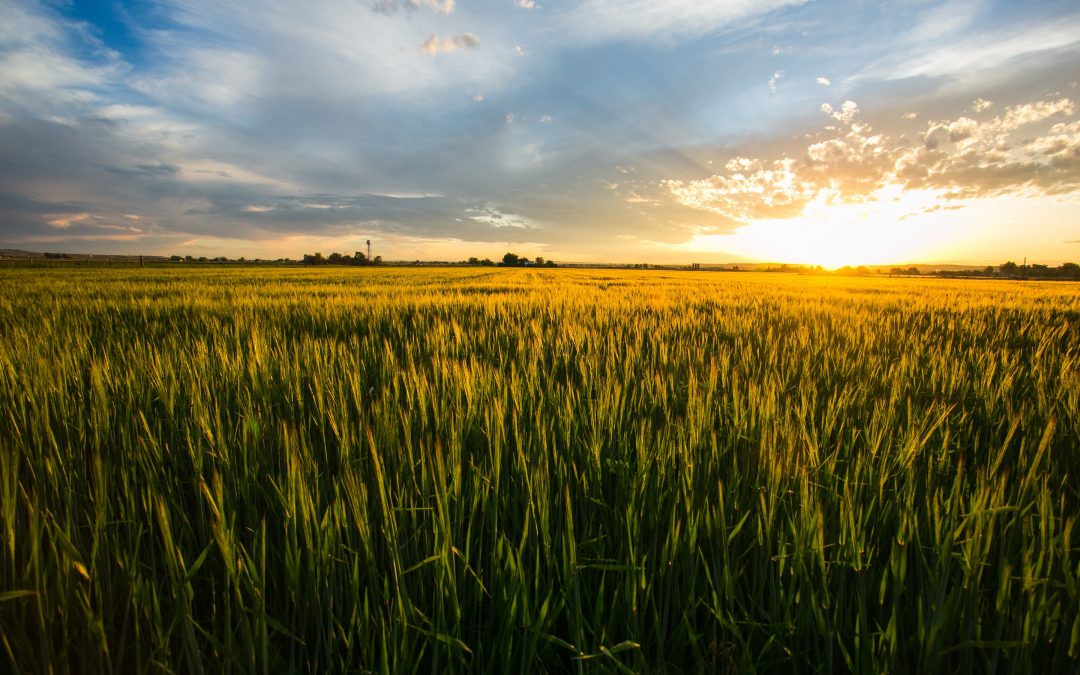
Farm Action’s Sarah Carden is a small farmer who knows the difficulties of competing against giant food conglomerates. But better policy could help smaller farms provide healthy food and keep more profits for food producers––rather than executives and stockholders.